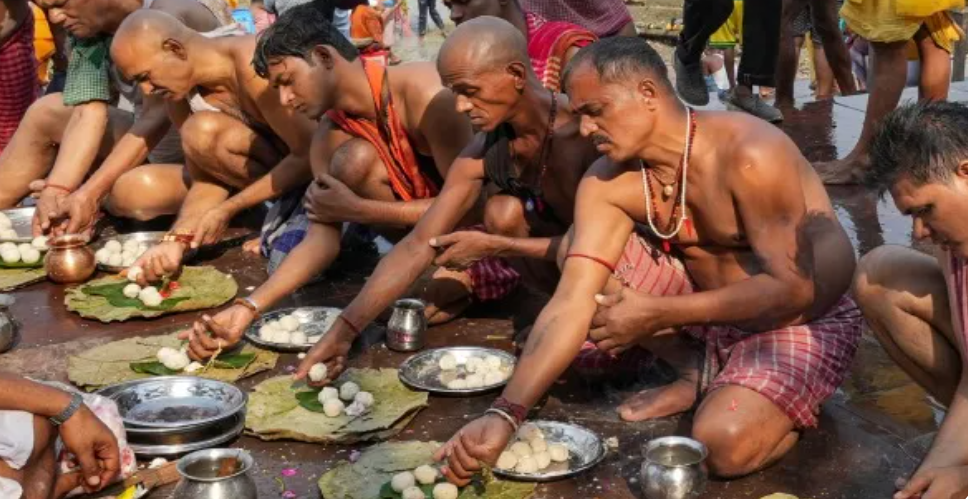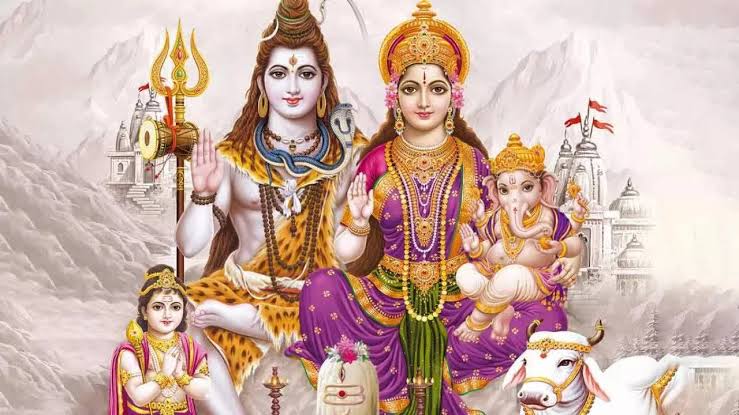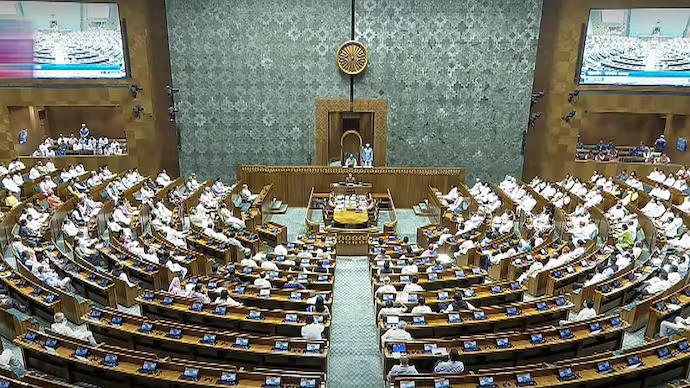Pitru Paksha: A Sacred Time to Honor Ancestors and Seek Their Blessings
In the vast tapestry of Hindu traditions, there are several occasions dedicated to honoring deities, saints, and ancestors. One of the most spiritually significant of these is Pitru Paksha. This 16-day period, observed during the Hindu month of Ashwin (usually falling in September or October), is a time when devotees express gratitude to their forefathers and seek their blessings for the well-being of their families. Pitru Paksha is not only about rituals but also about remembering and reflecting on the legacies of those who came before us.
What is Pitru Paksha?
Pitru Paksha (literally “fortnight of ancestors”) begins on the full moon day (Purnima) of the month of Bhadrapada and concludes on the new moon day (Amavasya), which is also known as Sarvapitri Amavasya. During this period, Hindus believe that the souls of their ancestors come to visit the earth. The rituals performed during Pitru Paksha aim to ensure that these departed souls are at peace and receive the offerings necessary for their spiritual elevation.
The Significance of Pitru Paksha
1. Honoring the Ancestors
Pitru Paksha is fundamentally a time to remember and honor one’s ancestors. According to Hindu beliefs, the souls of the deceased family members, also known as Pitrs, are believed to be in need of peace and fulfillment. By performing the appropriate rituals and offering food, water, and other sacred items, individuals aim to provide comfort to their forebears and help them attain peace in their journey in the afterlife.
2. Performing Shraddha and Tarpan
During this period, families perform special rituals known as Shraddha and Tarpan to ensure the souls of their ancestors receive offerings. The term Shraddha refers to the ceremonies performed to honor the ancestors, involving offerings of rice, sesame seeds, barley, and water. This is believed to help the souls of ancestors receive peace and be freed from any lingering desires or attachments.
Tarpan, another crucial ritual, involves offering water mixed with black sesame seeds to the deceased. This ritual is usually performed by the eldest son or a male member of the family. It is believed that offering Tarpan helps to satisfy the spiritual needs of the ancestors, ensuring that they rest in peace.

3. Spiritual Significance: Purification of the Soul
Pitru Paksha serves not just as a time to honor the ancestors but also as an opportunity for the living to reflect on their own lives. It is a moment of introspection, where individuals can seek forgiveness for any wrongdoings they may have committed. The belief is that by paying respects to one’s ancestors, one can cleanse their karma and invoke blessings for personal growth, health, and prosperity.
Rituals and Traditions of Pitru Paksha
While the core rituals of Pitru Paksha are the same across various regions, there are several customs and traditions unique to different parts of India:
- Offering Food to Brahmins and the Needy: One of the most common practices during Pitru Paksha is the feeding of Brahmins or poor and needy people. It is believed that by feeding others, you invoke the blessings of your ancestors. People also offer food and water on the banks of rivers or in temples dedicated to ancestors.
- Pind Daan: This is a specific ritual that is often performed in holy places like Gaya or Haridwar, where rice balls (pind) are offered to the departed souls. This act of charity and ritual helps the ancestors attain peace and liberation.
- Donating Clothes and Money: Charity plays a significant role in Pitru Paksha. Donating clothes, grains, money, or other items of value is seen as a way of earning the blessings of ancestors and ensuring that they are well-pleased.
- Performing Ancestor Pujas at Home: Families set up an altar at home, where they offer prayers, light lamps, and perform small rituals in memory of the departed. This simple yet meaningful act connects the living with their past, fostering a sense of continuity and gratitude.
Why is Pitru Paksha Important?
The importance of Pitru Paksha lies in its role as a spiritual bridge between the living and the dead. Hindus believe that the connection with one’s ancestors is vital for spiritual growth and for maintaining harmony in the family. When people perform these rituals, they not only honor their forefathers but also create positive energy that is believed to flow through generations.
The period of Pitru Paksha is also seen as an opportunity for spiritual cleansing. By offering respect and seeking forgiveness for past wrongdoings, individuals cleanse their hearts and minds. In doing so, they open themselves to the possibility of greater blessings from both the physical and spiritual worlds.
Pitru Paksha is more than just a set of rituals; it is a deeply symbolic period that connects the past, present, and future. It encourages remembrance, gratitude, and the acknowledgment of the sacrifices made by our ancestors. By honoring our Pitrs, we invite their blessings, not just for the present moment but for the prosperity and well-being of future generations.
In today’s fast-paced world, it’s easy to forget the importance of our roots. Pitru Paksha offers a chance to pause, reflect, and express our gratitude to those who paved the way for us. Whether through simple acts of remembrance or elaborate ceremonies, this sacred time reminds us that the bonds with our ancestors are eternal, and their blessings continue to guide us.
May the blessings of our ancestors be with us all, bringing peace, prosperity, and spiritual growth.




